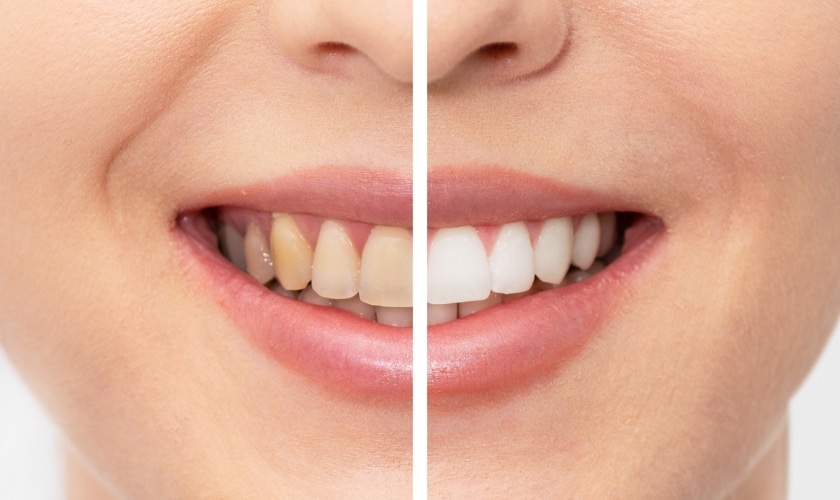4801 Southern Hills Dr, Sioux City, IA 51106, USA

Bad breath, medically known as halitosis, can be an embarrassing and often distressing issue for many individuals. It’s a common problem that affects people of all ages and backgrounds. While occasional bad breath is normal, chronic bad breath can significantly impact one’s self-confidence and social interactions. However, the good news is that there are numerous strategies and remedies available to combat foul breath effectively. In this comprehensive guide, we’ll explore the causes of foul breath, practical prevention tips, and effective treatments to keep your breath fresh and your confidence high.
Understanding the Causes of Bad Breath
Before diving into remedies, it’s essential to understand the underlying causes of bad breath. Poor oral hygiene is the primary culprit behind most cases of halitosis. When food particles remain trapped in the mouth, bacteria break them down, releasing foul-smelling gases. Additionally, bacteria can accumulate on the tongue, gums, and between teeth, contributing to unpleasant odors.
Other common causes of foul breath include:
Dry Mouth:
Saliva plays a crucial role in washing away food particles and bacteria in the mouth. Dry mouth, or xerostomia, reduces saliva production, leading to an increase in odor-causing bacteria.
Diet:
Certain foods and beverages, such as garlic, onions, coffee, and alcohol, contain strong odors that can linger in the mouth even after digestion.
Smoking and Tobacco Use:
Tobacco products not only leave a distinct smell in the mouth but also contribute to gum disease, which can exacerbate foul breath.
Medical Conditions:
Chronic bad breath can be a symptom of underlying medical conditions such as gum disease, sinus infections, respiratory infections, diabetes, and gastrointestinal issues.
Preventive Measures for Foul Breath
Maintaining good oral hygiene is the cornerstone of preventing bad breath. Here are some crucial pointers that you should include in your everyday routine:
Brush and Floss Regularly:
Brush your teeth at least twice a day and floss once daily to remove food particles and plaque from between teeth and along the gumline.
Clean Your Tongue:
Use a tongue scraper or the back of your toothbrush to gently clean your tongue’s surface, where bacteria can accumulate.
Stay Hydrated:
Throughout the day, sip on lots of water to keep your mouth hydrated and aid in the removal of food particles and bacteria.
Avoid Tobacco Products:
Quit smoking or using tobacco products to improve your oral health and overall well-being.
Limit Odorous Foods and Beverages:
Reduce your consumption of foods and drinks that cause foul breath, or brush your teeth or rinse your mouth after consuming them.
Visit Your Dentist Regularly:
Schedule regular dental check-ups and cleanings to detect and treat oral health issues early on.
Effective Treatments for Bad Breath
If you’re already experiencing bad breath, there are several treatments and remedies available to address the underlying causes:
Antibacterial Mouthwash:
Rinse with an antibacterial mouthwash containing ingredients such as chlorhexidine or cetylpyridinium chloride to help kill odor-causing bacteria.
Saliva Stimulants:
If dry mouth is the culprit, consider using saliva-stimulating products such as sugar-free gum or lozenges to increase saliva flow.
Professional Dental Cleaning:
A professional dental cleaning can remove plaque and tartar buildup, reducing the number of bacteria in your mouth and improving breath odor.
Treatment of Underlying Conditions:
If foul breath is a symptom of an underlying medical condition, such as gum disease or sinusitis, your healthcare provider will recommend appropriate treatment to address the root cause.
Dietary Changes:
Incorporate more water-rich fruits and vegetables into your diet, such as apples, celery, and carrots, which can help stimulate saliva production and naturally cleanse the mouth.
Home Remedies:
Some people find relief from foul breath by chewing on fresh parsley, mint leaves, or fennel seeds, which have natural deodorizing properties.
Bad breath is a common and often manageable condition that can significantly impact your confidence and social interactions. You can effectively prevent and treat halitosis by understanding the causes of foul breath and adopting good oral hygiene habits. Incorporate regular brushing and flossing, tongue cleaning, hydration, and dental visits into your routine, and consider lifestyle changes such as quitting smoking and making dietary adjustments. If foul breath persists despite these efforts, consult with your dentist or healthcare provider to rule out any underlying medical conditions. With consistent care and attention, you can enjoy fresh breath and improved oral health for years to come.




